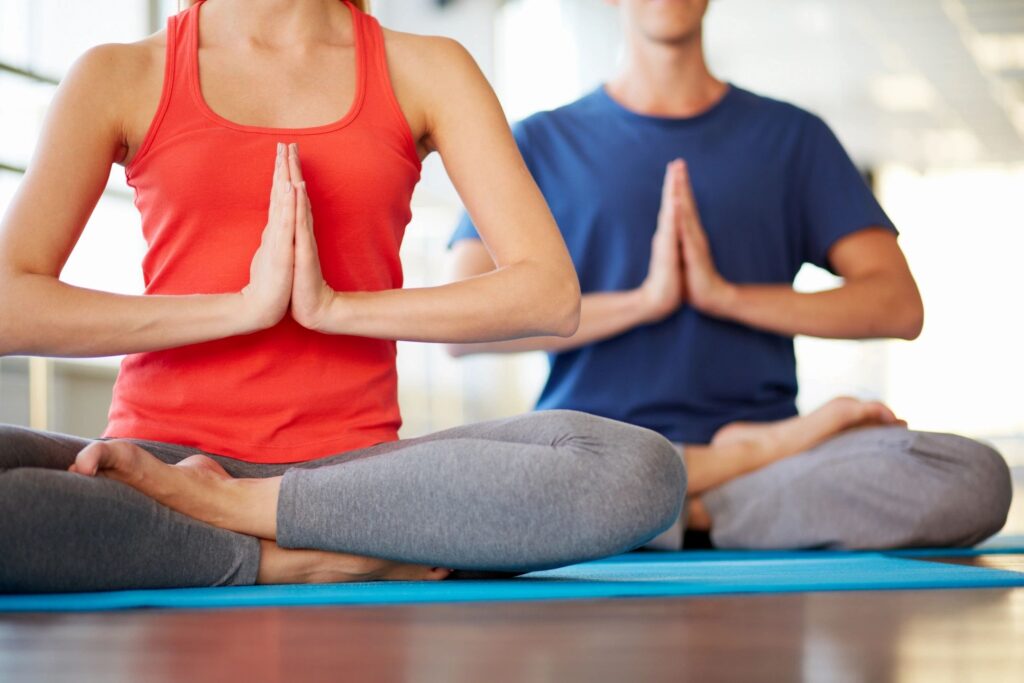
Meditation Can Improve Ability to Cope Flexibly
Don’t we all just want to have better coping skills? Coping skills have to do with how we handle stressful situations, and they seem to be an important part of mental health.
One aspect of how we cope is what psychologists call coping flexibility. This is pretty much what it sounds like: the ability to flexibly use different coping strategies, and to find coping techniques that fit the situations we encounter.
If you want to become more flexible in how you cope, a new study suggests that meditating probably won’t hurt. In the study, 64 participants attended a mindfulness meditation training session and were then asked to meditate half an hour a day for six days.
The participants also took a questionnaire measuring coping flexibility. It included statements such as:
- When a stressful situation has not improved, I find other ways to cope with it.
- After coping with stress, I think about how well my ways of coping worked or did not work.
People who tended to agree with statements like these were considered to have more flexible coping styles. It turned out that compared to 52 participants who didn’t meditate, those in the group that did meditate scored higher on coping flexibility.
The fact that these differences emerged after only a week of mindfulness practice suggest that meditation can improve coping skills in the short-term. Interestingly, when the researchers followed up two weeks later, those who’d done the meditation program had gotten even better in terms of coping flexibility.
Granted, two weeks is still a fairly short amount of time, but the fact that the beneficial effects of meditation didn’t disappear after a few days is encouraging. And the idea that short-term meditation practice might have longer-term benefits has come up in previous research. For example, one meta-analysis found that attending a meditation retreat is associated with improvements in mental health that last after the retreat ends.
There are, naturally, many other factors that go into developing flexible coping skills. But these findings add more evidence for the idea that meditation can be a useful tool to have in your mental health toolbox.